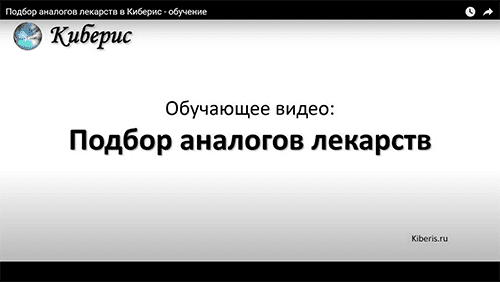Intracranial hypertension in children - analogs
| Description «Intracranial hypertension in children» | ||||||
|
||||||
Начиная работу с сервисом, вы принимаете соглашение пользователя. Kiberis do not replace the doctor!
- 90% Compare Ataxic cerebral palsy
- 90% Compare A cyst of the brain in a child
- 90% Compare Кардиоренальный синдром у детей
- 87% Compare Cortical blindness
- 84% Compare P39.9 Infection specific to the perinatal period, unspecified
- 83% Compare Thrombophilia during pregnancy
- 82% Compare Intracranial hypertension
- 82% Compare Occlusive hydrocephalus
- 81% Compare O36.5 Maternal care for poor fetal growth
- 81% Compare Locked-in syndrome
- 81% Compare Spastic hemiplegia
- 81% Compare Feto-fetal transfusion syndrome
- 80% Compare Toxoplasmosis
- 79% Compare Синдром Клиппеля–Треноне
- 78% Compare Agenesis of the corpus callosum
- 76% Compare Galen's vein aneurysm
- 75% Compare Stroke in children
- 75% Compare Thrombophilia
- 75% Compare Post-resuscitation encephalopathy
- 74% Compare I64 Stroke, not specified as haemorrhage or infarction
- 73% Compare VACTERL-ассоциация
- 73% Compare Athetosis
- 72% Compare Cerebellar dysarthria
- 72% Compare Small anomalies of heart development
- 71% Compare Pulmonary artery aneurysm
- 70% Compare Arteriovenous malformations of the spinal cord
- 70% Compare Acoustic-gnostic aphasia
- 69% Compare Dynamic aphasia
- 69% Compare Ascending thrombophlebitis
- 68% Compare Alien hand syndrome
- 68% Compare Cerebral vasculitis
- 68% Compare Рабдомиома сердца у детей
- 68% Compare Acoustic-mnestic aphasia
- 68% Compare Ovarian vein thrombosis
- 67% Compare Goldman-Favre disease
- 67% Compare Polycythemia in newborns
- 67% Compare Mobius syndrome
- 66% Compare Jackson 's epilepsy
- 66% Compare Пентада Кантрелла
- 65% Compare Dermal sinus
- 65% Compare Adenovirus encephalitis
- 65% Compare Toxoplasmosis uveitis
- 65% Compare Schizencephaly
- 65% Compare Terminal states
- 65% Compare Placentitis
- 64% Compare I63.9 Cerebral infarction, unspecified
- 64% Compare Astereognosis
- 64% Compare Arteriovenous fistula
- 64% Compare Neurosarcoidosis
- 64% Compare Cerebral tumors
Learn more about the selection of analogues
- Medical online service designed to help in differential diagnostics.
- Find similar diseases for a diagnosis that causes irritation.
- If you are a professional, then the help of artificial intelligence will help in the express diagnostics.
The advantage of Kiberis is its versatility, thanks to which it is able to select analogues for anything, including for diseases and diagnoses. Artificial intelligence analyzes descriptions of diseases, clinical recommendations for their treatment, real statistics on making diagnoses and displays the most similar diseases with a degree of similarity in percent.
